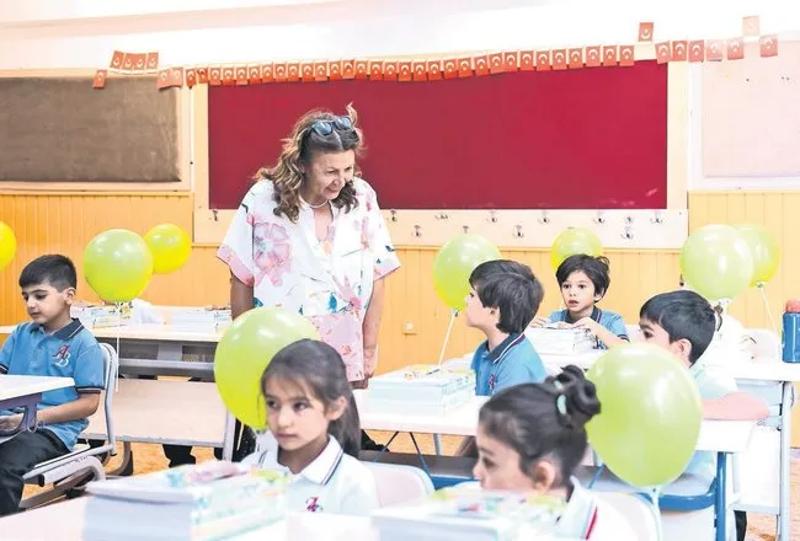High school education is getting shorter! The Ministry of National Education announced the details of the new term.

Three critical revisions affecting millions of people in education have been put on the agenda. The Ministry of National Education is preparing comprehensive changes regarding the duration of high school education , the High School Entrance Exam ( LGS ) scoring system, and the primary school starting age, in line with the Turkey Century Education Model.
The Ministry of National Education (MEB) has focused on three key issues for the 2025-2026 academic year within the framework of the skills-based curriculum-based Turkey Century Maarif Model (TYMM). The new term will focus on shortening compulsory high school education, reducing course density, and standardizing the primary school starting age. It was announced that a presentation on these issues will be made at the first Cabinet meeting. Following the implementation of the new curriculum for grades 2, 6, and 10 by the MEB this year, a flexible model will be introduced to high school education.
NEW HIGH SCHOOL MODEL AND LGS SCORING SYSTEM WILL CHANGE
Ministry officials announced that the first two or three years of high school, currently four years, will be compulsory, while the final years will be optional as a university preparatory year. This will reduce course load and contribute to both academic and personal development of students. Meanwhile, the scoring system for the High School Entrance Exam (LGS) will also change. In addition to 8th-grade students' exam scores, their social responsibility projects, sports , and arts activities will also be evaluated. This will support students' multifaceted development and add additional points to the LGS.

PRIMARY SCHOOL STARTING AGE AND PROBLEMS ARISING FROM AGE DIFFERENCES
The third critical issue on the agenda is the age of starting primary school. While the current system requires children to enroll at 72 months of age, children as young as 66 months can also enroll at the request of their parents. Furthermore, the starting age can be postponed to 84 months if parents so choose. Experts have stated that this situation increases the age gap in classrooms by up to 18 months, increasing peer bullying and creating difficulties for teachers in the educational process. It has been learned that the new regulation aims to reduce the age gap and allow only children aged 70-72 months to enroll in primary school.
Minister of National Education Yusuf Tekin stated that preparations for the new high school model and school starting age will be presented at the Cabinet meeting. Tekin said, “If a political decision is made on this matter, we have different alternatives. We are most likely planning to make a presentation on this at the first Cabinet Meeting. A decision will be made within the year, as next year's academic calendar will already be designed accordingly, but there is also a parliamentary dimension to this. Ultimately, our preparations will need to be enacted into law.”
There will be no systemic changes in YKS and LGS
The question of whether there will be changes to examination systems with the implementation of the new curriculum has also been clarified. The Ministry of National Education (MEB) announced that no systemic changes are planned for the Higher Education Institutions Exam (YKS) or the High School Entrance Exam (LGS), and that only students' social responsibility and personal development projects will affect their LGS scores.
Experts stated that the difference in the age of starting primary school also affects children's academic success, and emphasized that the physical, emotional, language and motor skills of students who have reached the age limit for starting school must be checked for suitability.
Timeturk





